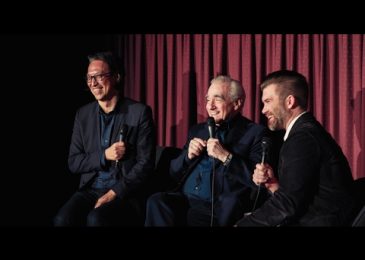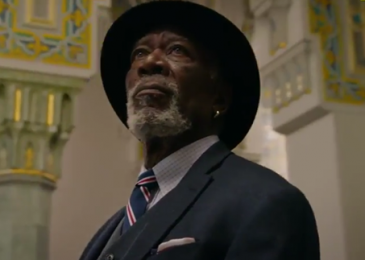When Colin Kaepernick first refused to rise during the National Anthem before a fairly meaningless pre-season game, it felt to me like the act of a petulant, spoiled athlete who has forgotten the many advantages that he’s been showered with in this country.
But my first thoughts are not always my best thoughts. And now that he’s made good on his promise and protested the National Anthem a second time—last night during a preseason game in San Diego—my reaction is a bit different. Part of that is simple reflection on my part. But part of it was his new posture.
He kneeled.
In the world of ceremonial body language, to stand is an important gesture—often accepting and welcoming and almost always respectful. It shows that what we’re standing for is important to us: We stand to greet old friends or hug family members. We stand when the bride walks down the aisle. In church, we often stand to sing or when the Gospel is read. Standing suggests that something important is going on, something worthy of our attention and respect.
The first time he refused to stand for the National Anthem (at a home preseason game against the Green Bay Packers), he simply sat. The body language of the sit is, by its very nature, passive. Dismissive. To sit is to say, quite clearly to onlookers, that the sitter can’t be bothered. This isn’t important, the sitter says through his or her body language. It’s not worth my time.
But kneeling is a very different thing.
If the “sit” is dismissive, the “kneel” is submissive. Historically, we’ve knelt before kings and queens, Popes and patriarchs. Most especially, we’ve knelt before God. We kneel in His presence because we believe that He is worthy of that gesture: His holiness, His goodness, His perfection. When we kneel, we say, in effect, that we submit our lives to Him. Thy will be done.
Kaepernick is reportedly Christian. “When I step on the field, I always say a prayer, say I am thankful to be able to wake up that morning and go out there and try to glorify the Lord with what I do on the field,” once told a church congregation in Sparks, Nev. I don’t know if religion was on Kaepernick’s mind during the kneel down, but it was on mine. And it was a reminder to me that, however much we may love the countries we live in and the institutions we belong do, we Christians owe allegiance to God above all. The United States may be cool and all, but it, like all man-made institutions, is fallible. But God, and the universal truths He created and embodies, is not. He is the final arbiter of justice. As Christians—and people of most faiths, I’d imagine—we’re supposed to be guided by principles that lie beyond man-made law, by principles that aren’t sullied by human pettiness and weakness.
Kaepernick, through his protestations, is trying to tell us that something wrong is happening—that minorities are being unfairly treated. Is that true? Sometimes I think it is. And I think that we, as Christians, have a responsibility to fight injustice wherever it lives, even if we find it in the institutions we value and cherish.
“Once again, I’m not anti-American,” Kaepernick told The New York Times after the San Diego game. “I love America. I love people. That’s why I’m doing this. I want to help make America better. I think having these conversations helps everybody have a better understanding of where everybody is coming from.”
But while I better understand why Kaepernick is doing what he’s doing, it’s not what I’d choose to do.
“‘My country, right or wrong,’ is a thing that no patriot would think of saying except in a desperate case,” wrote G.K. Chesterton. “It is like saying, ‘My mother, drunk or sober.’ No doubt if a decent man’s mother took to drink he would share her troubles to the last; but to talk as if he would be in a state of gay indifference as to whether his mother took to drink or not is certainly not the language of men who know the great mystery.”
My country has been wrong a lot. While I think Americans have a lot to be justifiably proud of, we’ve never completely lived up to those lofty ideals inculcated in our most treasured documents. There’s not a moment in history that I could point to and say, “Hey, we have/had it all figured out.” America is sometimes describes as a “great experiment.” And as any scientists will tell you, experimentation is messy business. Failures are inevitable.
To stand for the National Anthem is not, I believe, a blanket endorsement of what or where we are as a country right now. To stand is, I believe, a way to honor the principles on which this country was founded, not to excuse how those principles are sometimes corrupted or twisted. It is an unspoken promise to work together to make the country better, not to accept it as it is.
But Kaepernick’s kneel-down does remind me that those founding national principles are based on something greater than a mere human construct. They are predicated on something higher and holier, a belief that “all men are created equal, that they are endowed by their Creator with certain unalienable Rights, that among these are Life, Liberty and the pursuit of Happiness.”
« When Gene Wilder Played God (in a Chocolate Factory)Original Article




